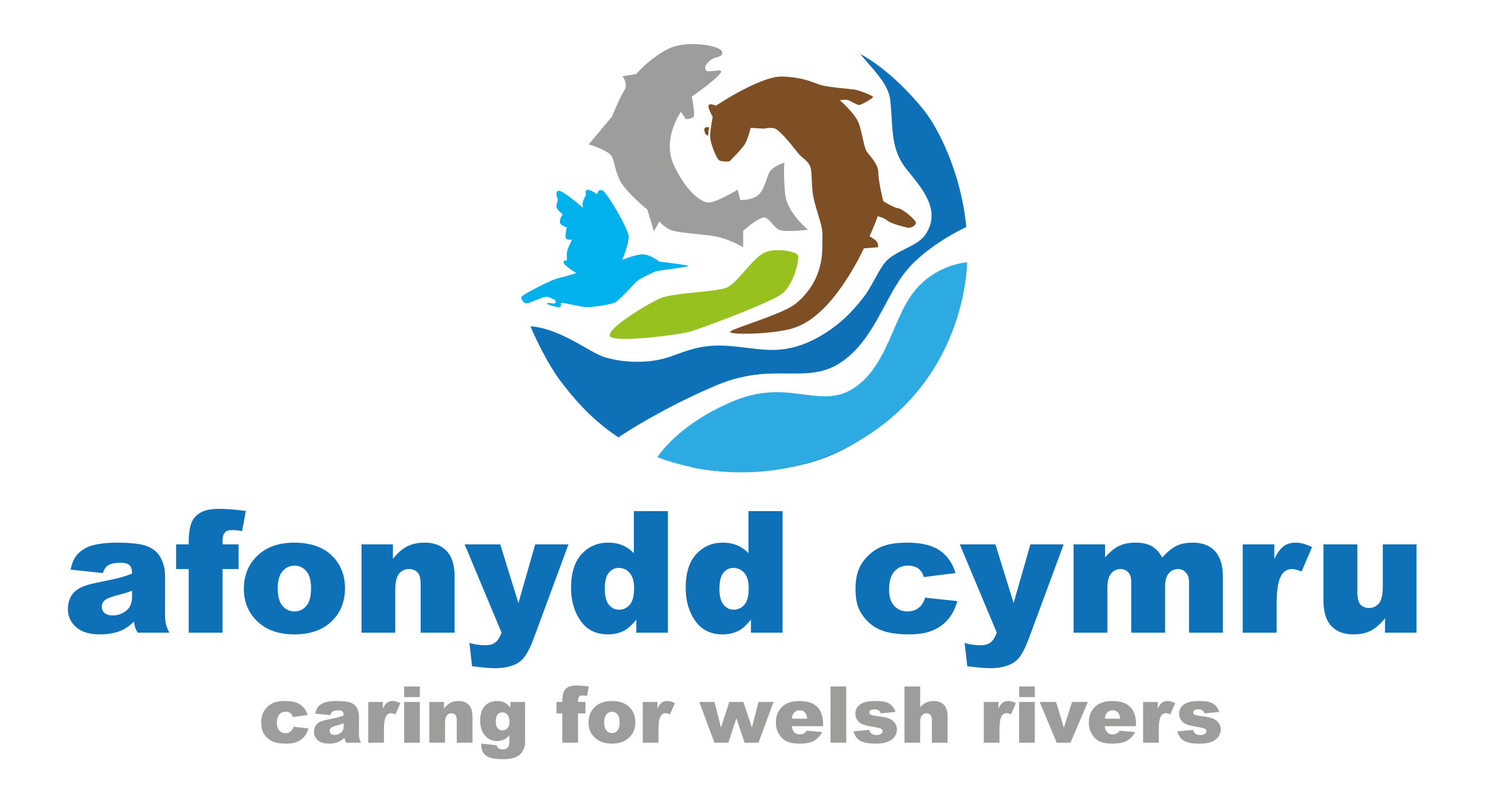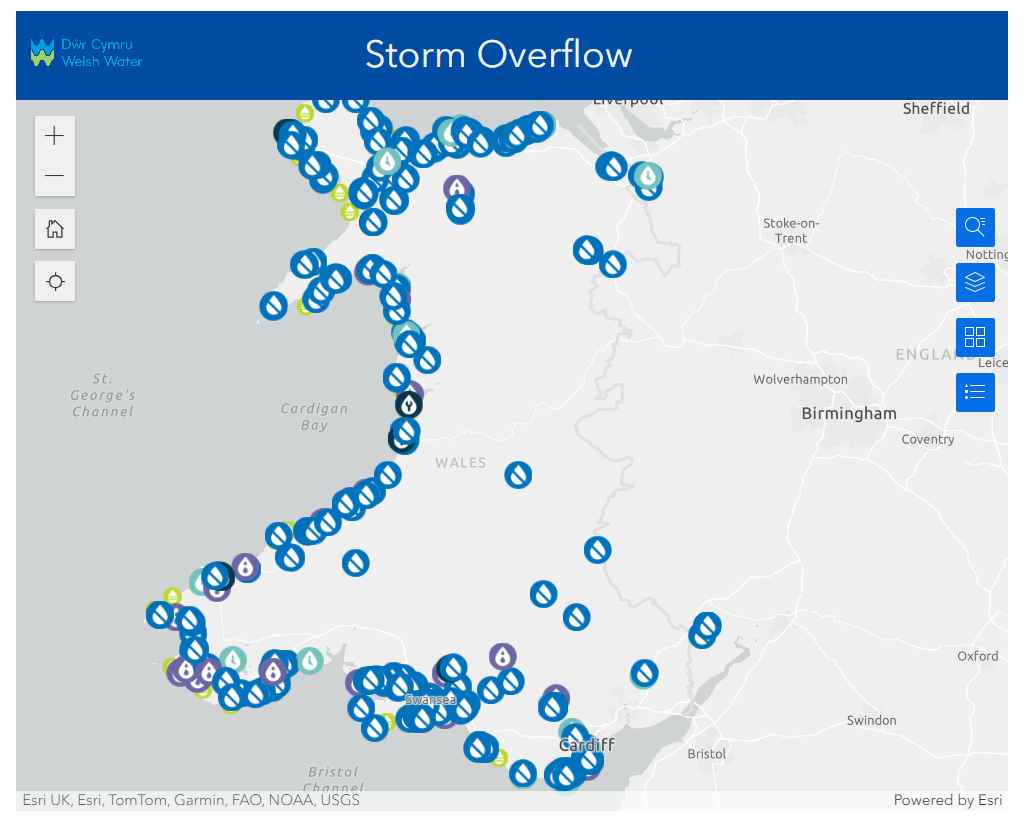There are over 2,000 permitted storm overflows in Wales. They perform a public health function, managing the extra input to wastewater treatment works in extreme weather conditions.
By law, water companies must ensure that storm overflows only discharge during heavy rainfall, when the capacity of the combined sewer has been exceeded due to rainfall and/or snow melt. Discharges under these conditions will be diluted and the bacterial loading impact on the receiving watercourse should be minimal. While they may introduce other pollutants, storm overflows are not a significant contributor to nutrient levels in most Welsh rivers.
Storm overflows in Wales are regulated by Natural Resources Wales (NRW), the body that sets the permit conditions which must be met. The number of spills allowed from an overflow is dependent upon the environmental sensitivity of the watercourse to which the discharge is made.
Better Water Quality Taskforce
In 2021, Welsh Government’s “Better Water Quality Taskforce” was established to improve the management and environmental regulation of overflows in Wales, to which Afonydd Cymru have acted as independent advisers. As a result of the work of the Taskforce, over 99% of Welsh Water’s storm overflows are now monitored (100% of Hafen Dyfrdwy’s are), recording the number and duration of spills. This data (Event Duration Monitoring data or EDM) is published on their website and reported to NRW.
The Taskforce also secured a definition of exceptional rainfall against which sewer overflows in Wales can be regulated. This makes permits on sewer overflows legally enforceable for the first time.
Welsh Water are also investing significantly to improve storm overflows (£140m 2020-2025 and a further £420m planned for 2025 ““ 2030), concentrating first on overflows that are causing the most environmental harm.
Despite this, problems remain for Welsh rivers and storm overflows. Independent investigations in 2023 revealed long-standing breaches of permit conditions at some sites, many of which were in full knowledge of NRW. Afonydd Cymru, working with Peter Hammond, challenged the lack of regulatory process which allowed these discharges. In 2023, we secured revised guidance to water companies in Wales to ensure full flow to treatment compliance requirements. We have also challenged for additional robustness in the planning system to prevent new development being allowed where sewer overflows are not being operated to permit or treatment works are non-compliant.
Also, in 2023 Welsh Water were downgraded for their environmental performance in 2022 by NRW from three to two stars because of:
- 25 pollution incidents related to the sewerage network
- 5 of which were “serious” pollution incidents
- Welsh Water’s failure to achieve targets on the self-reporting of pollution incidents
- And their failure to achieve discharge permit condition targets
Â
More Information:
Welsh Water Storm Overflow Real-Time Information Map
Compliance Assessment of Welsh River SACs Against Phosphorus Targets
Storm Overflows – Natural Resources Wales
Better Water Quality Taskforce
New Report Shows More Welsh Water Wastewater Failure – Afonydd Cymru, October 19th, 2023.

